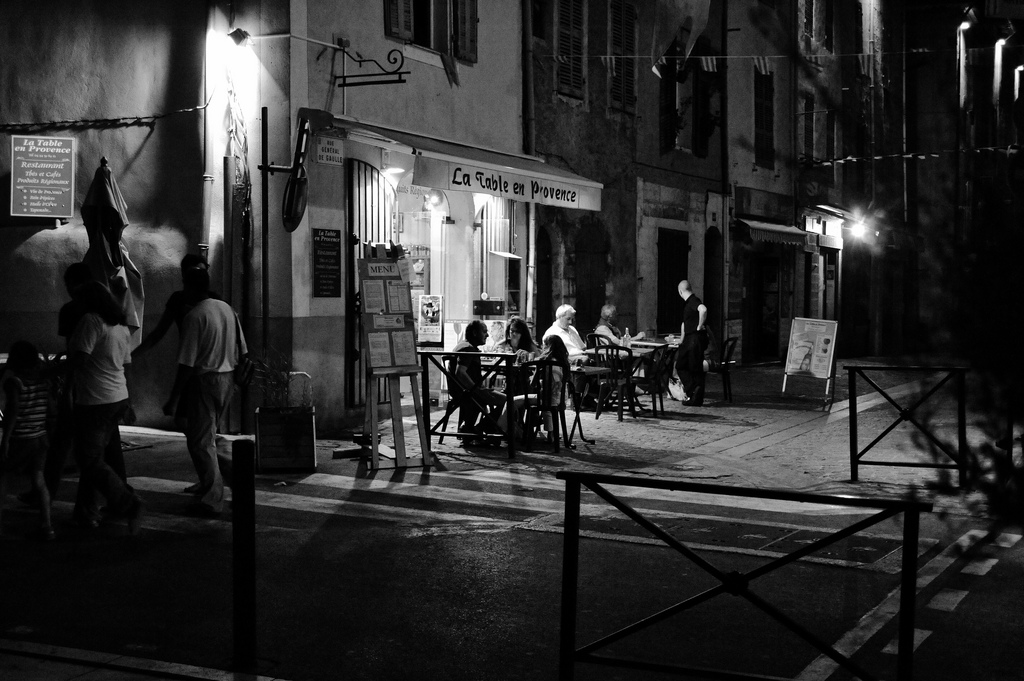General de Gaulle, when he was President of France, was once asked by a journalist: “what about France’s friends?” “Great nations”, mon General haughtily replied, “do not have friends. They only have interests.” I was reminded of this when contemplating the strange response of the Dutch government to the downing of the Malaysian airliner by Russian-backed separatists in Ukraine. The Dutch public is, understandably, traumatised by the huge loss of (Dutch) life. Yet their government’s response to the atrocity seems strangely muted, confined mostly to insistence on a full and proper investigation of what happened and who was responsible.
At first I interpreted this as an example of Dutch reserve. I once lived and worked in Holland, and came to love the country and to value its quiet civility and modernity. Like the English, the Dutch do not go in for showy sentimentality, and there’s something admirable in that.
But now, a more insidious thought surfaces: is this an example of a government making a calculation that, whatever the level of popular grief, the Netherlands is in too deep with the Russians to risk offending Putin? What triggered the thought was a sobering piece in the Economist. The Dutch government’s cautious responses, it says,
reflect Dutch commercial interests in Russia, such as Shell’s huge investments in Siberian oil fields, as Thomas Erdbrin reports in the New York Times. The Netherlands is also one of the world’s premiere hubs for shell companies created for tax avoidance, which Russians have made liberal use of. As the Dutch investigative website Follow The Money reports, these Dutch-registered Russian holding companies have made the Netherlands, on paper, the world’s second-largest investor in Russia. (Another Dutch website noted that the Russian defence conglomerate Rostec, which most likely built the missile that shot down flight MH17, operates several shell companies headquartered in Amsterdam.) Dutch political attitudes are often described as a seesaw between de dominee en de koopman, or “the preacher and the merchant”: at times the Netherlands adopts a moralistic tone towards the rest of the world, other times its interests are purely businesslike. For at least the past decade the merchant has had the upper hand.
This suggests to me that the Dutch government is increasingly going to find itself trapped between a rock and a very hard place. All the evidence is that, far from pulling back, Putin is effectively doubling his bets in Ukraine. There’s no real sign of remorse from anyone involved over there. I’ll be very surprised if this doesn’t trigger a wave of inchoate anger and disturbance in the Dutch public analogous to the one that swept the country after the assassination of Pim Fortuyn in 2002. And who knows what the consequences of that might be?
What it all goes to show, of course, is that Ukraine is not, to use an infamous cliche, “a faraway country of which we know nothing”.



